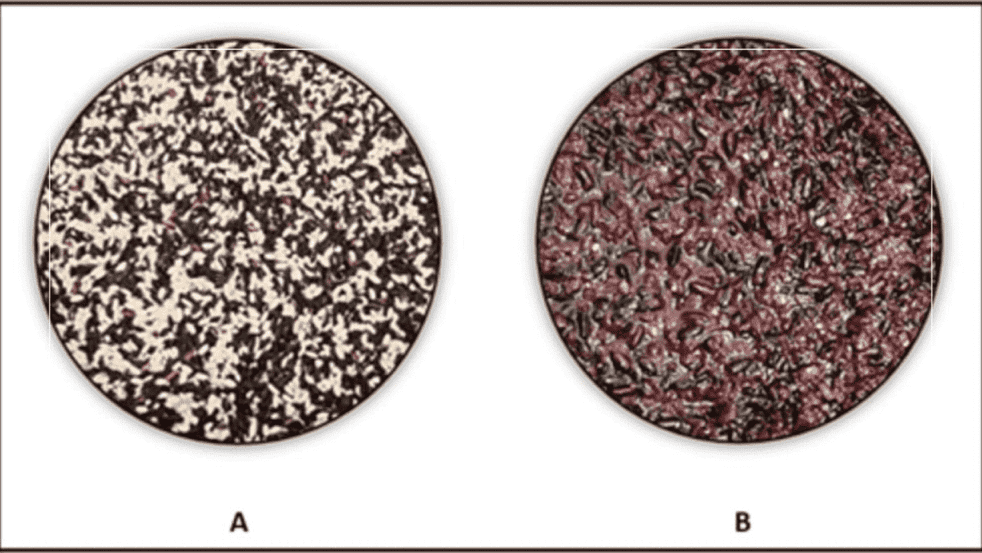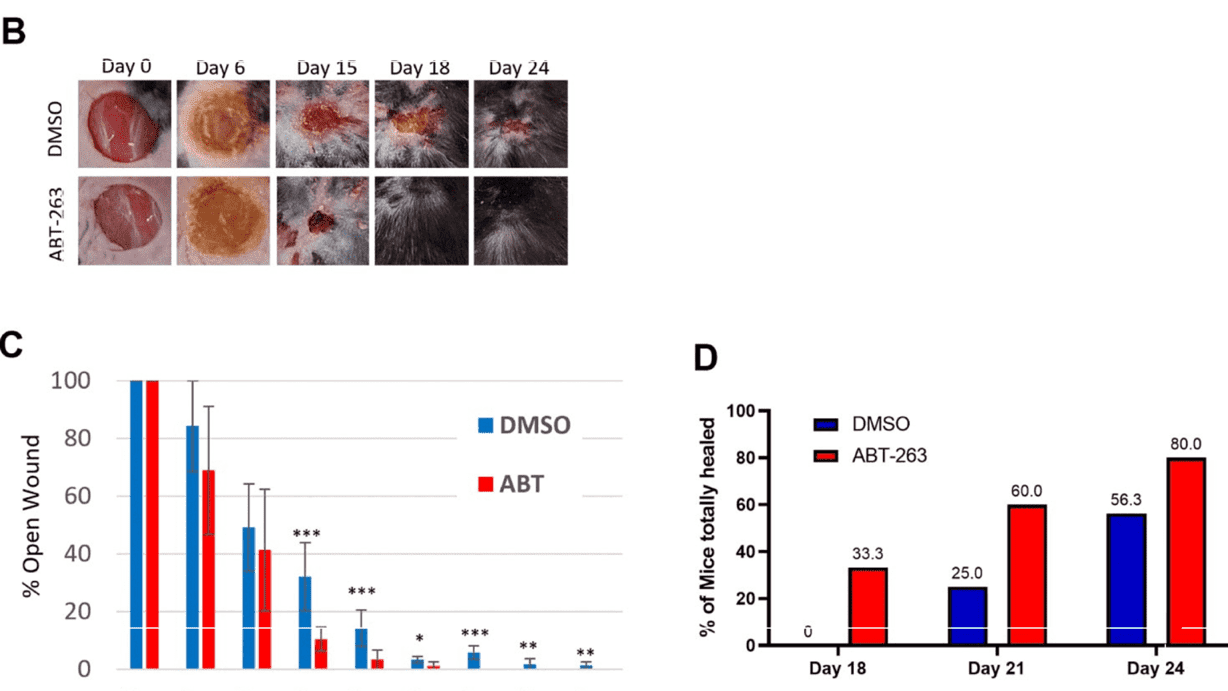Explore effective ways to prevent aging. Learn how a balanced diet, regular exercise, and toxin reduction can enhance your health as you age.
Aging is an inevitable part of life, yet the pursuit of a vibrant and youthful existence remains a universal aspiration. While we cannot halt the passage of time, we can adopt proactive measures to enhance our quality of life as we age. Let’s delve into effective ways to prevent aging, focusing on both physical and mental well-being. By embracing these practices, individuals can foster a healthier, more fulfilling lifestyle.
The Importance of Physical Activity
Engaging in regular physical activity is one of the most effective ways to mitigate the signs of aging. Numerous studies, including the Harvard Alumni Study, indicate that men who exercise consistently may gain up to two hours of life expectancy for every hour spent exercising. This translates to approximately two additional years over a lifetime.
However, maintaining an active lifestyle does not necessitate daily trips to the gym. Simple activities, such as brisk walking for thirty minutes each day, can significantly improve overall health. Research shows that even individuals who are overweight can benefit from moderate exercise. A study involving older adults demonstrated that a consistent exercise regimen—equivalent to walking at least three times per week—enhanced blood circulation, improved muscle and joint function, and reduced inflammation, all of which are crucial in combating the aging process.
Moreover, physical activity contributes to better sleep quality, improved mood, and a decreased risk of severe illnesses, all of which play a vital role in maintaining a youthful appearance and vitality.
Embracing an Anti-Inflammatory Diet
The foods we consume can either accelerate or decelerate the aging process. A diet rich in anti-inflammatory foods can significantly impact skin health, joint function, and overall well-being. Incorporating omega-3 fatty acids, antioxidants, and essential vitamins and minerals is paramount.
An anti-inflammatory diet emphasizes fresh fruits, vegetables, whole grains, legumes, and nuts while minimizing saturated fats and food additives. Research has consistently shown that healthy dietary patterns can reduce the risk of chronic diseases, including cardiovascular issues and cancer.
One exemplary dietary approach is the Mediterranean diet, which prioritizes unrefined whole grains, a variety of fruits and vegetables, and healthy fats from olive oil, nuts, and seeds. This diet also includes moderate consumption of dairy products, fish, and white meat while limiting red and processed meats. By adhering to such nutritional guidelines, individuals can foster a healthier lifestyle that supports longevity.
Managing Stress for a Healthier Life
While stress is a natural part of life, excessive stress can accelerate the aging process, particularly affecting skin health. Stress triggers the release of cortisol, a hormone that can degrade collagen, the protein responsible for skin elasticity. As cortisol levels rise with age, the visible effects on the skin can become pronounced.
To combat stress, individuals can adopt several strategies:
- Prioritize Task Management: Break down overwhelming tasks into manageable steps, addressing one issue at a time.
- Minimize Daily Stressors: Identify and reduce sources of anxiety, such as excessive caffeine or alcohol consumption, particularly before bedtime.
- Ensure Adequate Sleep: Quality sleep is essential for physical and mental restoration.
- Engage in Self-Care: Dedicate time each day to activities that promote relaxation and joy, whether it be a leisurely walk, reading, or enjoying a favorite treat.
The Role of Quality Sleep in Aging
While sleep itself does not directly correlate with aging, the quality of sleep tends to decline as we grow older, often beginning in our 30s. Prioritizing restful sleep is a crucial anti-aging strategy for individuals of all ages.
Experts recommend aiming for seven hours of quality sleep each night to support overall health. Good sleep hygiene contributes to maintaining circadian rhythms, bolstering the immune system, and enhancing mood. To improve sleep quality, consider the following tips:
- Limit Caffeine Intake: Avoid caffeine consumption after noon to promote better sleep.
- Establish a Consistent Sleep Schedule: Going to bed at the same time each night can help regulate sleep patterns.
- Create a Sleep-Conducive Environment: Ensure your bedroom is dark, quiet, and comfortable. Consider using eye masks or earplugs to block out disturbances.
For those experiencing persistent sleep issues, consulting a healthcare professional is advisable before making any significant changes.
A Holistic Approach to Aging Gracefully
The key to slowing down the aging process lies in the integration of various healthy habits and a commitment to lifestyle changes. By prioritizing a nutritious diet, engaging in regular physical activity, managing stress effectively, and ensuring quality sleep, individuals can not only enhance their appearance but also improve their overall quality of life.
Embracing these practices fosters a sense of vitality and well-being, allowing individuals to navigate the aging process with grace and resilience. Ultimately, the journey towards a youthful lifestyle is a holistic endeavor that encompasses both physical and mental health, paving the way for a fulfilling and vibrant life.





Leave a Reply